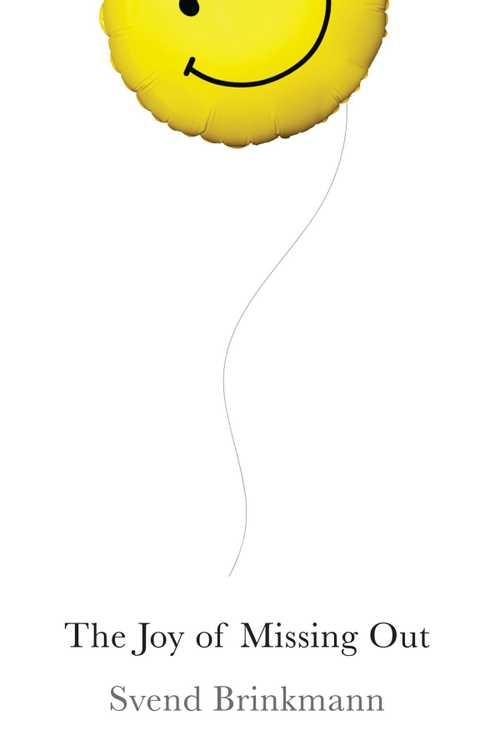The surprisingly difficult art of doing less
Curated from: vox.com
Ideas, facts & insights covering these topics:
5 ideas
·2.03K reads
22
Explore the World's Best Ideas
Join today and uncover 100+ curated journeys from 50+ topics. Unlock access to our mobile app with extensive features.
Chasing after the next goal
In our consumer culture, we end up buying more and doing more. To be satisfied is almost considered an offense because it means you're not chasing after the next thing.
Part of the same vicious cycle of wanting more is the desire for continual self-improvement and the development of other competencies.
173
574 reads
Missing out on life
Taking secularization into account, the idea that we don't live in order to obtain some kind of salvation in the afterlife leads to the belief that we have to achieve everything we desire in the here and now.
If we miss out on anything in this life, it is seen as some kind of existential failure. Carried to an extreme, it is tragic because it's rarely a recipe for a good life.
141
391 reads
The joy of missing out
We gain from it the chance to engage in activities and experiences that are deeper and more meaningful. Because the mentality of fearing that we will miss out makes us always worried that something better might be waiting for us.
And moving through life, where everything becomes a means to the next thing, prevents us from understanding that certain things are inherently valuable and meaningful in and of themselves.
141
338 reads
Victims of our own prosperity
Many people believe that the key to happiness is to have more choices, but it is really the opposite.
To free ourselves from the result of our consumer culture, we should work on our self-control. We have to develop the strength to resist these constant temptations.
146
339 reads
Enjoying the present
While some people can opt-out of the culture, most need to make the best of it within the system we have.
- Reading a book is very disciplining. Most people have lost the ability to sit for hours and read a book without looking for a smartphone distraction. In a way, reading a book is like mindfulness, only you focus on something different.
- Instead of always focussing on the positive things, focus on the negative things. We have to see what's wrong to have any chance of fixing it.
180
393 reads
IDEAS CURATED BY
Adrian Irwin's ideas are part of this journey:
Learn more about personaldevelopment with this collection
How to prioritize self-care in the workplace
How to adapt to new work arrangements
How to maintain work-life balance
Related collections
Similar ideas
8 ideas
9 ideas
9 Ways To Get The Most Out Of Your Mind
huffpost.com
5 ideas
The Art of Being Alone
fs.blog
Read & Learn
20x Faster
without
deepstash
with
deepstash
with
deepstash
Personalized microlearning
—
100+ Learning Journeys
—
Access to 200,000+ ideas
—
Access to the mobile app
—
Unlimited idea saving
—
—
Unlimited history
—
—
Unlimited listening to ideas
—
—
Downloading & offline access
—
—
Supercharge your mind with one idea per day
Enter your email and spend 1 minute every day to learn something new.
I agree to receive email updates

